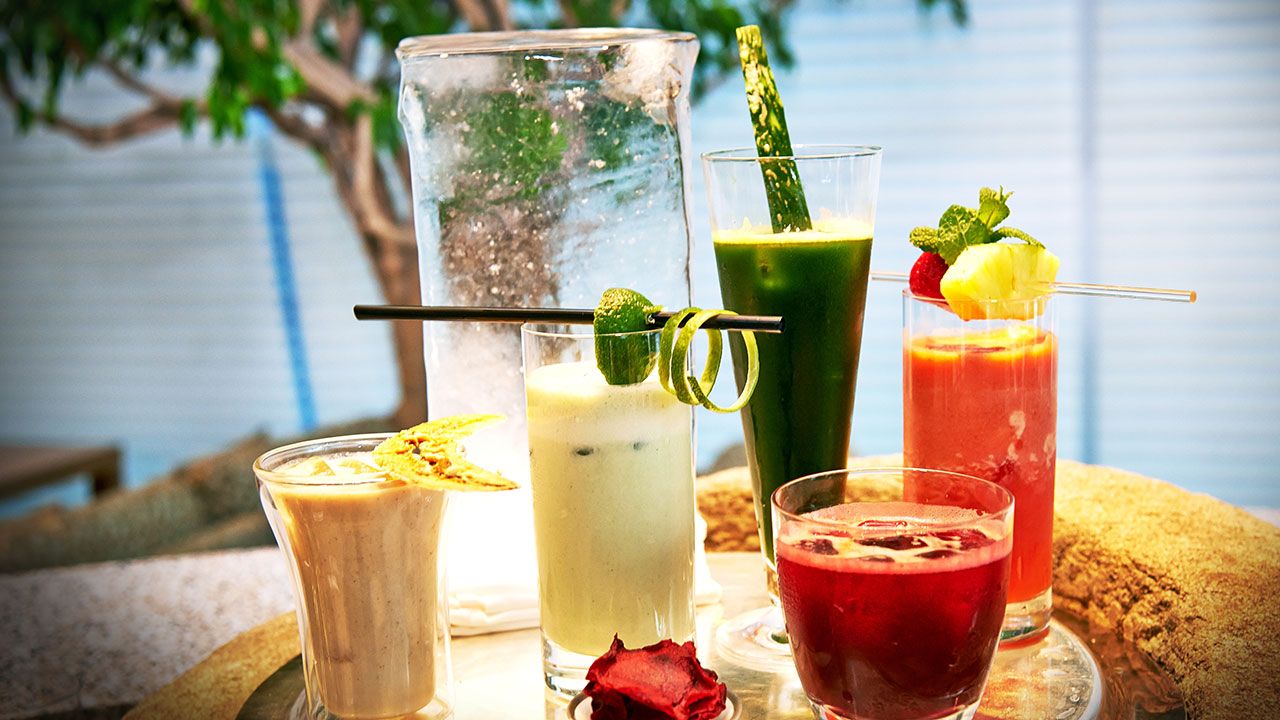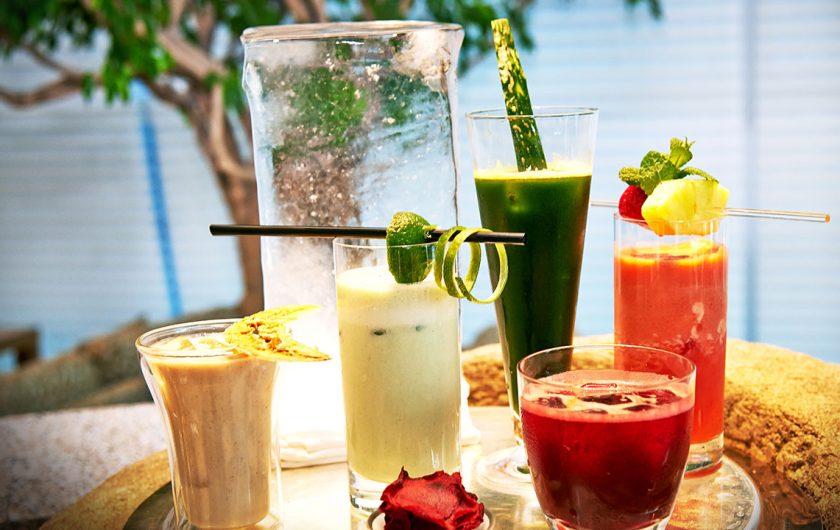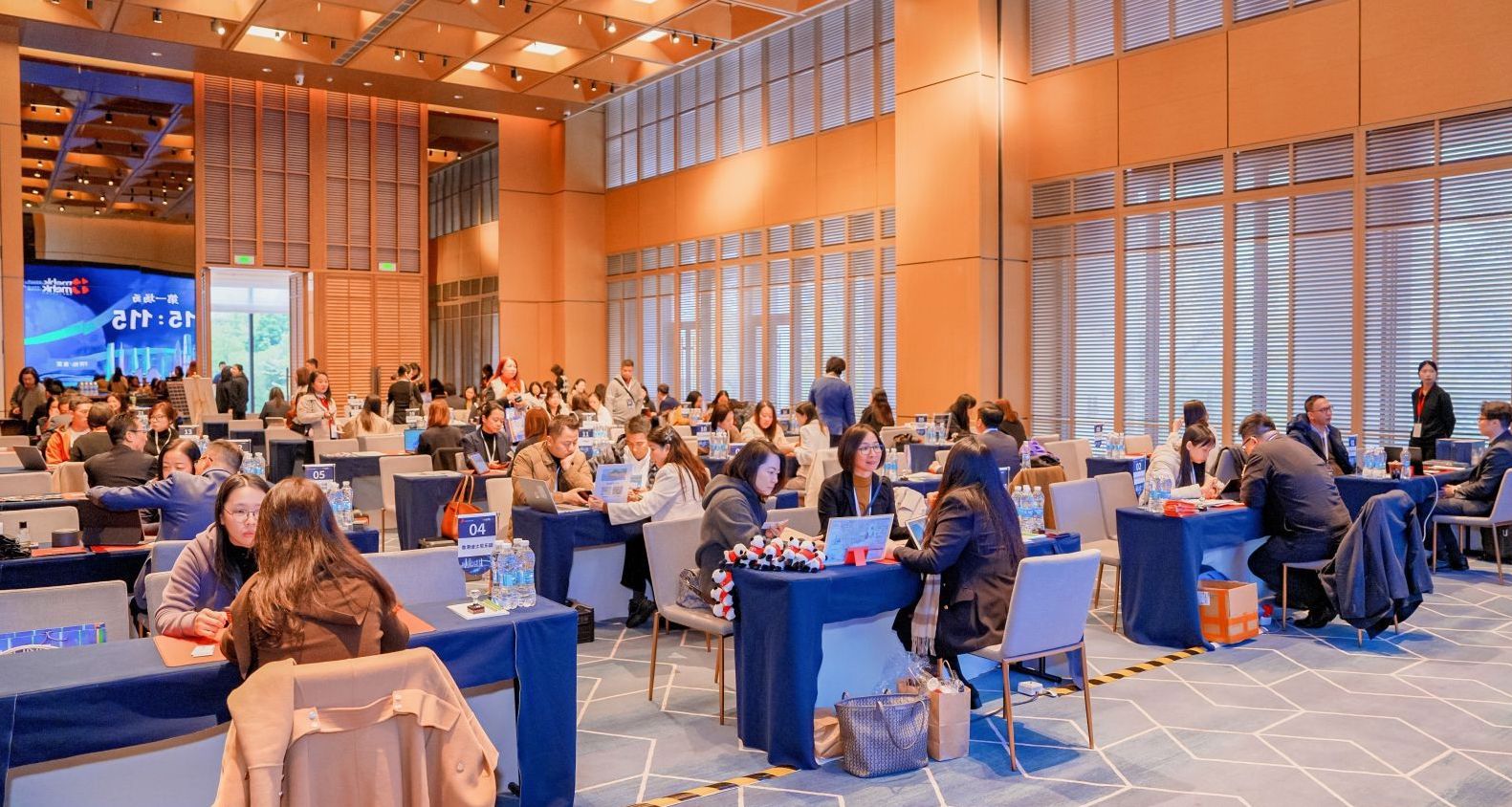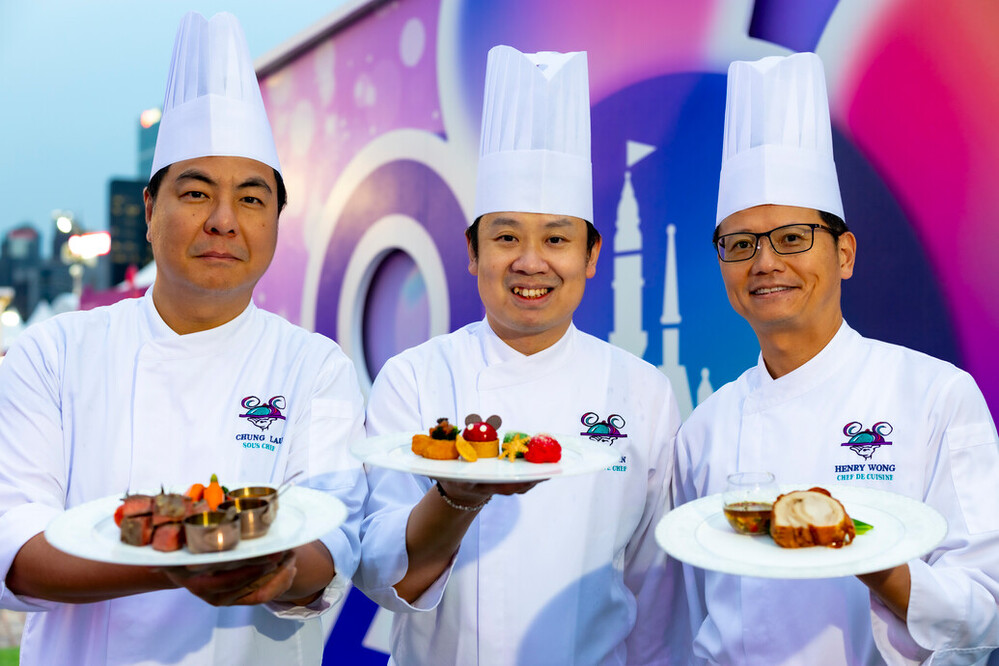
Hosting its first Food & Beverage Leadership Conference, Hyatt Hotels and Resorts invited 150 of the region’s culinary heads for a three-day internal conference focusing on the future of F&B in Asia.
Held at the Grand Hyatt Shanghai, international dining experts spoke about new movements in the region and culinary concepts in standalone restaurants and hotel chains. Chief among the topics discussed were trends to come and, what was dubbed by many speakers as a concerted move from mass production and distribution to sustainability, healthy living and locally sourced and artisanal produce.
Speaking to MIX at the conference, Regional Vice President of Food & Beverage Apac Marco Avitabile underlined dining trends on the horizon:
“The Spanish are coming in droves, and you have Peruvian cuisine, Nordic cuisine… there is a lot coming. Beverage is something we are looking at very closely, and not just as a complement to food anymore. This is something that is experiencing an absolute evolution, with people wanting more juices, cocktails, sodas, iced teas – not just a bottle of water in their meeting room.”
Another highlight is the pursuit of healthier options, said Senior Vice President of Brand and Commercial Strategy Apac, Carina Chorengel. “As people become more sophisticated and health becomes a concern, clean food that is prepared healthily is very important. People want to know how the food is cooked and what sort of quality it is and I believe this interest will continue.”
People are also coming out more and more with their dietary requirements, Chorengel adds. “Whether it’s being a vegetarian or gluten-free or lactose-intolerant or shellfish, with big events we are seeing that we have to be ready to appeal to these groups.
"With large groups meeting from around the world, we must take into consideration what’s kosher or halal too.” The brand is catering to this need in cities such as Singapore, where the Grand Hyatt Singapore has a halal-certified events kitchen.
“B-leisure” is a neologism that has gained pace with travellers who want to blend business and leisure while on the road. Chorengel says it is a trend that Hyatt is accounting for with initiatives that introduce the native cuisine of a destination.
“There is a need and a want for experiences that are authentic and local, and to do this we explain the root of the dish. The curiosity for where the food comes from is stronger than ever and we are trying to deliver to that with stories of where the ingredients come from.”
Sustainability is another priority among planners, whose delegates look for environmentally friendly options, especially within Asia where trawling and unsustainable fish farming is prevalent. A biodiversity loss report states that all species fished for food are predicted to collapse by 2048, unless the current situation improves.
“Sustainably sourced dishes are not a trend, they are here to stay,” says Avitabile. “We have engaged with WWF on this, working toward a goal where 50 per cent of our fish and seafood purchase will be from sustainable sources and 15 per cent will be from Marine Stewardship Council (MSC) or Aquaculture Stewardship Council (ASC) certified fisheries and farms by 2018.”
The partnership with WWF has also led to shark fin being removed from all menus, and as of 2014, the banned consumption and procurement of shark fin across Hyatt properties globally, including in banquets and events.



